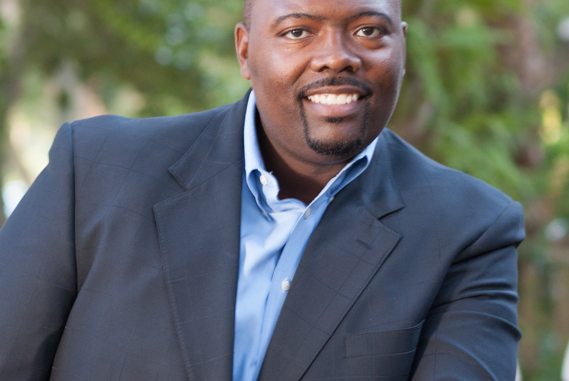
Last week, I sat in a barber shop and heard several young Black men talking about Donald Trump and Kanye West. Yeah, West is clearly suffering from some form of mental illness these days, but that wasn’t the focus of the conversation. These young African American men were amused by the fact people are still passionately supporting The Donald despite his antics.
I asked the brothers one simple question – did you vote in the last presidential election? About half said yes, another third didn’t vote at all and another third had lost their voting rights, which is a major issue for another day.
Of course, I then jumped in to tell the few young men that just simply decided not to vote that they are part of the reason that Trump is in office. I also explained that if you want to give another African Americans running for office a chance, they have to vote consistently. Andrew Gillum can’t get elected without high turnout from his Democratic base.
There will always be a handful of undecided voters that can sway an election one way or another. But think about the effect that young urban men and women could have on an election if they voted at unforcasted rates.
Typically, midterm election voter turn out is less than 40 percent. What if young minorities truly discovered the power they possess. The most unreliable voting block in this nation are young people between the ages 18 to 25.
How do you get these voters to the polls in November and keep them going back? Well, that’s what many candidates and political strategist have been attempting to figure out for years.
Young voters, especially liberal leaning men and women have no reason not to be motivated – between Trump and the ridiculous Kavanaugh conformation hearings, there’s plenty to be fired up about.
All of us have cousins, friends, neighbors or whomever that just don’t see voting as being an important factor in their lives. Most young people think for today and not tomorrow, or in other words they don’t see the importance of voting and how the people elected to office influence their lives.
Whether we are talking about the importance of education or the necessity of voting, it is a hard sell to many young inner city youth. Some use their surrounding conditions as motivation to strive for a better life, while some wallow in it and choose a life of crime as a means of getting out or simply a convenient excuse for bad decisions.
The key to motivating youth to get out and participate in the political process will depend on how or if we can connect dots on how not voting equals bad leaders, unequal treatment and terrible policy.
The message is simple, if you want change to occur in your life, you have to get out and vote, educate yourself and strive to be the best in whatever career path you choose. The great thing about voting is that it doesn’t require money, social status, a degree or fancy clothes. It requires minimal time and the belief that your vote can make a difference.
Minorities, especially blacks need to realize that some people anticipate and expect that they will not vote. Why live up to those negative expectations? James Baldwin once said, “Color is not a human or a personal reality; it is political reality.”
I say all of this to say that it doesn’t make sense to sit around and bash Trump or Rick Scott or any other elected official if you are not doing your part. Every vote counts. If you didn’t believe it before the November 2000 elections, you should believe it now. A handful of votes basically decided who would be the President of the United States.
We have to gradually change the way young people think as it relates to voting. And I say “gradually” because an evolution of that magnitude doesn’t easily happen. We have to start investing for our children’s future by not just educating them on the importance of math and reading, but the importance of issues like political involvement and economic independence.
A hungry man is not a free man. And I am not just talking about food; I am talking about mental freedom gained through education and self-belief. So parents, even if you are not a frequent voter, it is not too late to start, and it is imperative that you teach your children the value of a vote. There’s an old African proverb that says, “He who learns, teaches.”
The freedom or right to vote is as powerful as the religious freedoms we all share.
Booker T. Washington once said, “At the bottom of education, at the bottom of politics, even at the bottom of religion, there must be economic independence.”
Signing off from voting precinct 9S,
Reggie Fullwood

Be the first to comment